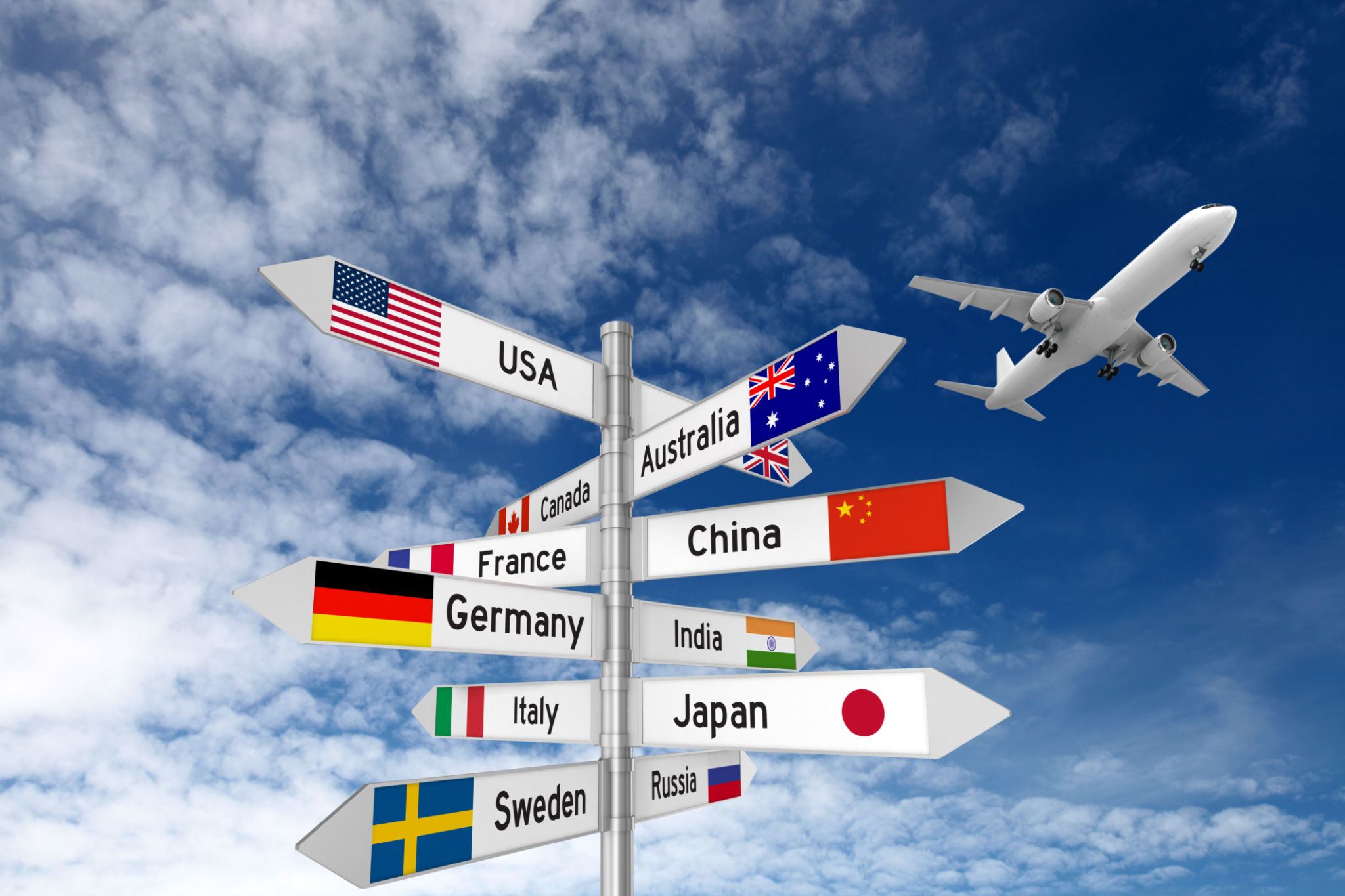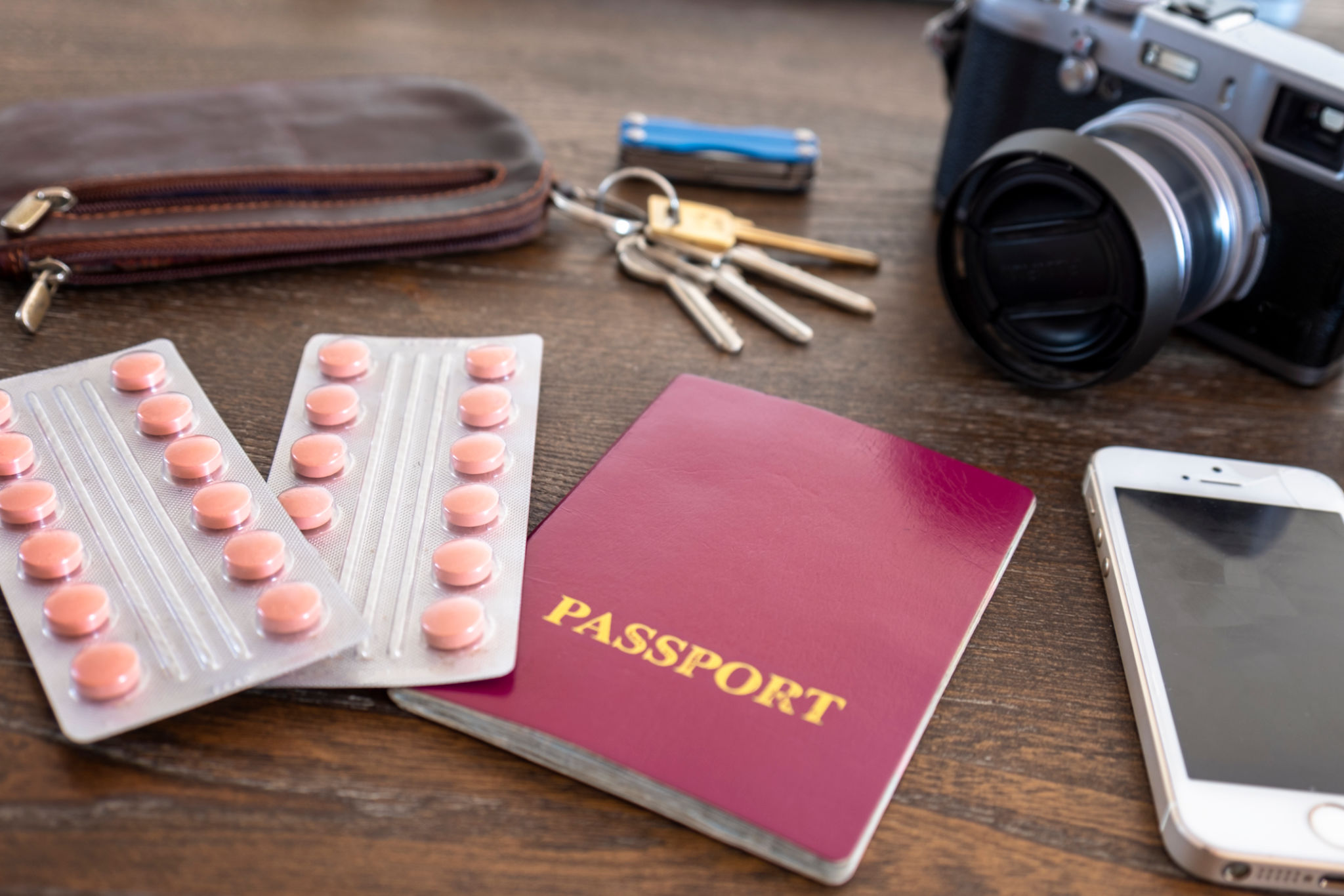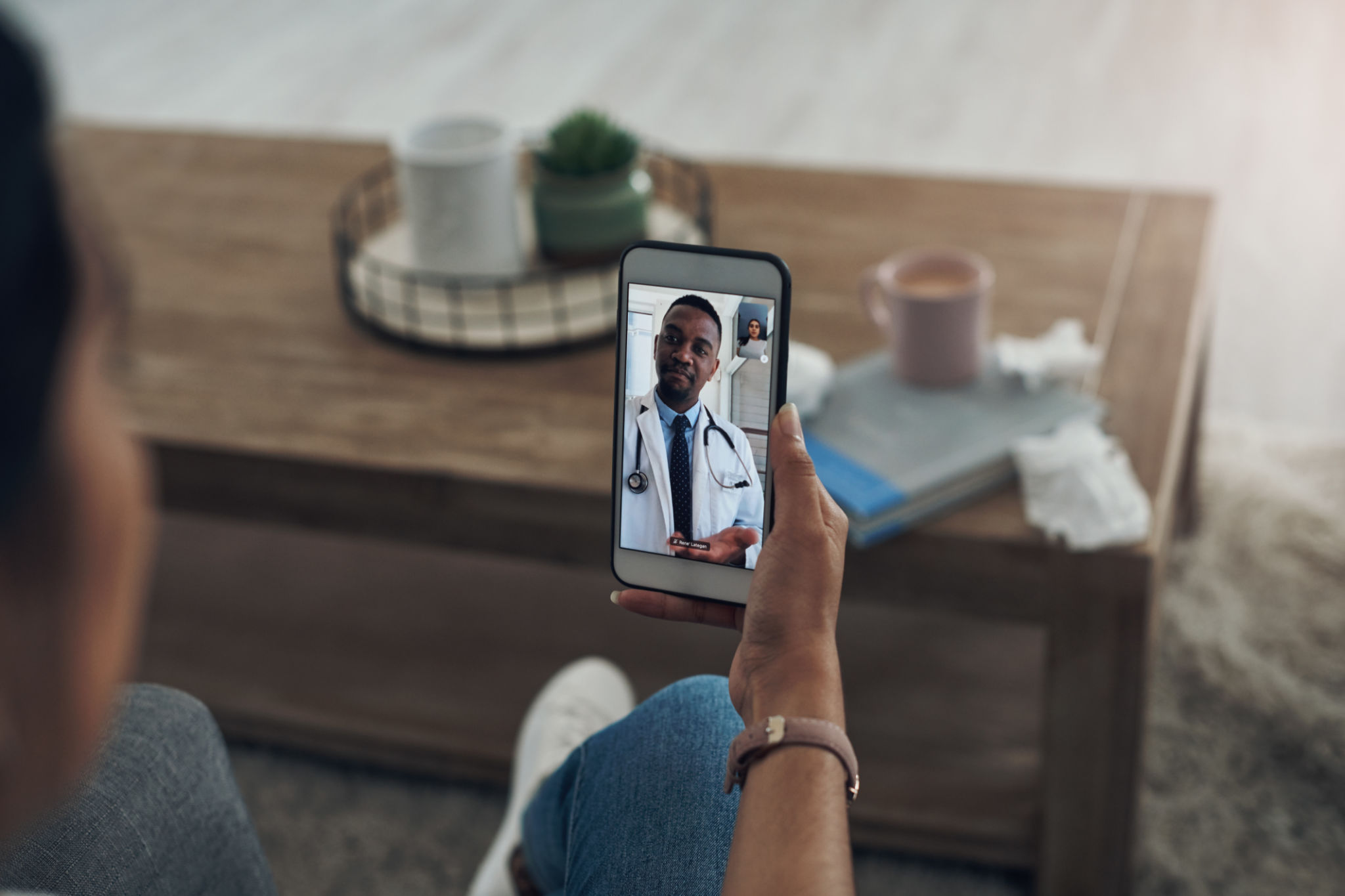The Role of Multilingual Support in Enhancing Medical Travel Experiences
The Importance of Multilingual Support in Medical Travel
Medical travel, also known as medical tourism, has gained significant traction in recent years. Patients from around the world are venturing beyond their borders to seek medical treatments and procedures that may be more affordable or advanced abroad. In this context, multilingual support plays a crucial role in enhancing the overall experience for medical travelers.
Language barriers can pose a significant challenge in medical travel, impacting everything from pre-travel consultations to post-treatment care. Offering multilingual support ensures that patients fully understand their medical options, treatment plans, and recovery processes, minimizing the risk of misunderstandings that could affect their health outcomes.

Enhancing Communication Between Patients and Providers
Effective communication is the cornerstone of successful medical treatment. When healthcare providers offer services in multiple languages, they facilitate a clearer exchange of information, allowing patients to express their symptoms and concerns accurately. This level of understanding is vital for diagnosing and recommending appropriate treatments.
Moreover, multilingual support helps build trust and rapport between patients and medical staff. When patients feel understood and supported in their native language, they are more likely to be satisfied with their care and follow through with medical advice.
Pre-Travel Consultations and Documentation
Before embarking on a medical journey, patients often need to engage in consultations to discuss their options and plan their treatment. Multilingual support during these initial interactions helps ensure that all questions are answered and that patients are well-informed about what to expect.
Additionally, having access to important documents such as consent forms, medical records, and care instructions in multiple languages is essential. This not only aids in comprehension but also ensures that all legal requirements are met, protecting both the patient and the healthcare provider.

Cultural Sensitivity and Patient Comfort
Beyond language, understanding cultural nuances can significantly enhance the medical travel experience. Multilingual support often goes hand-in-hand with cultural sensitivity training for staff, enabling them to approach patients with respect for their cultural backgrounds and preferences.
This cultural competence can make patients feel more comfortable and respected during their stay, contributing to a more positive experience overall. It reflects an institution's commitment to providing personalized care that respects the diversity of its patients.
Post-Treatment Care and Follow-Up
The journey doesn't end after the treatment is completed. Effective follow-up care is crucial for recovery and long-term health outcomes. Multilingual support ensures that patients receive clear instructions about medication, lifestyle changes, and any necessary follow-up appointments.
For international patients returning home, continued multilingual communication via telehealth services or digital platforms can facilitate ongoing care and monitoring, reducing the likelihood of complications or setbacks.

The Competitive Edge for Medical Institutions
In today's competitive healthcare landscape, offering multilingual support can be a significant differentiator for medical institutions seeking to attract international patients. By investing in language services and culturally competent care, hospitals and clinics can position themselves as leaders in the field of medical tourism.
This commitment to comprehensive patient care not only enhances the experiences of individual patients but also contributes to the institution's reputation for excellence on a global scale. As more individuals seek cross-border healthcare solutions, multilingual support will remain a vital component of successful medical travel experiences.